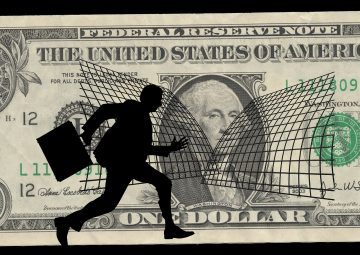by Chris Horner

Just about everybody knows what tax is for, and why they need to pay it. Most do so, with varying degrees of reluctance. A few do all they can to avoid paying it, using legal, and sometimes illegal methods. There is a sense that those who do dodge paying tax are doing something wrong, a sense that can be hard to articulate. I want to try to clarify and support people’s sense about tax avoidance as wrong. And I want to suggest why the issue of tax is importantly connected to our lives as social beings. Why it’s not just about the cash, in other words.
A lot of a people don’t like paying tax. But they obey the law, and in most cases see the link between the things the state provides and the tax they pay. But they wish they didn’t have to pay it. This is understandable, but misguided. It arises because of a misunderstanding about what tax is, and more than that, a failure to see what one’s place is in the social fabric: a sign that something has done wrong with the way we lead our collective lives. This failure creates an atmosphere in which tax avoidance comes to seem reasonable.
Tax avoidance should be viewed not only as wrong, but as a symptom of a social pathology. It concerns our nature as social creatures, and what it means to be free. Now, while there’s general agreement that there is a big difference between tax evasion (illegal: breaching the law to escape tax), and tax avoidance (legally minimising one’s tax liabilities), there is a lot of confusion about what one’s duties are here. Is it enough to not break the law? I say it isn’t. We should have the right attitude to tax, and failure to have that right attitude indicates something is amiss with the society we live in. I am not considering here the principled decision to withhold tax on ethical or political grounds. That is another matter and one with ramifications that I can’t get into now. I am just considering the general attitude to paying tax in the first place. Read more »
